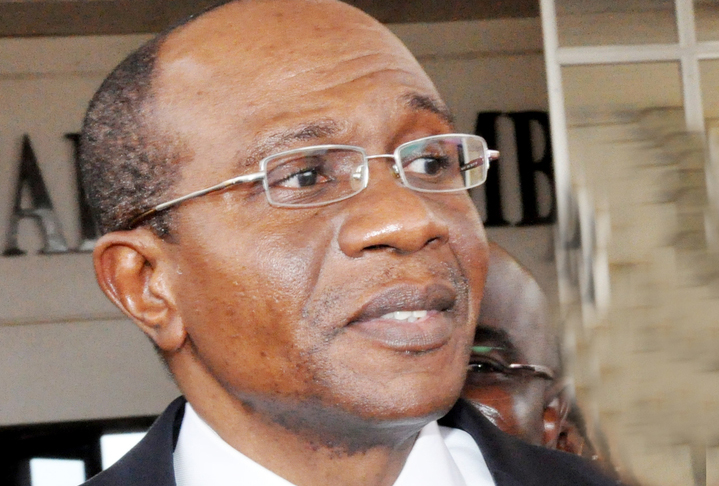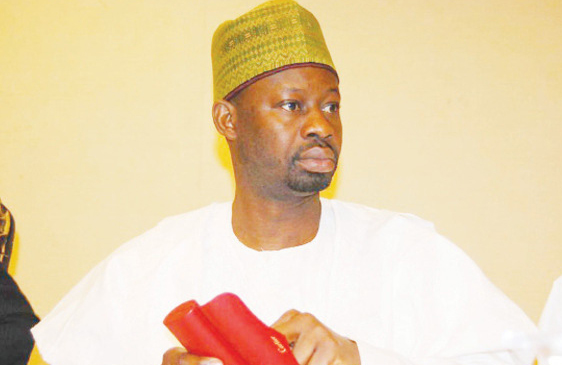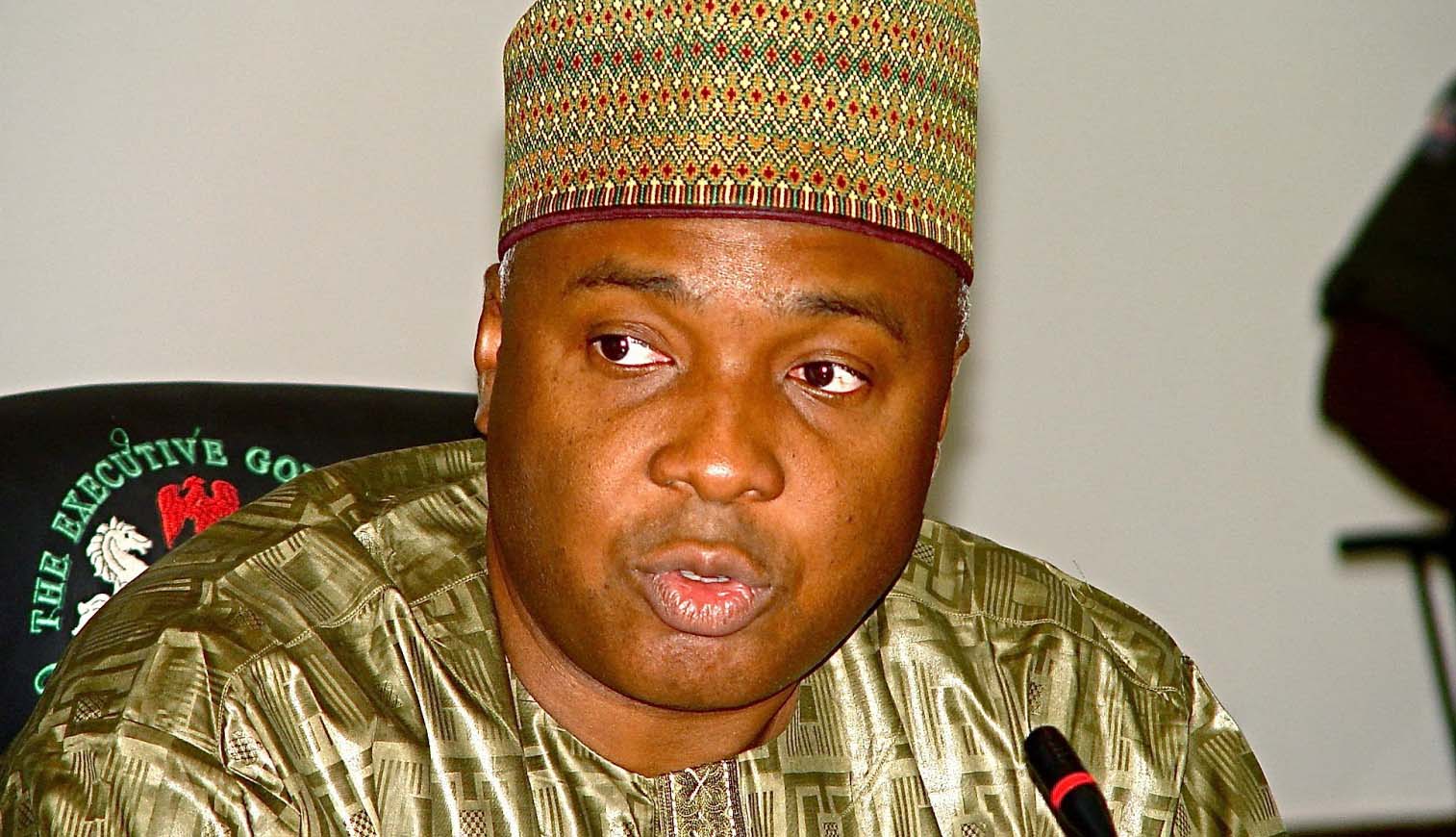The governor of Central Bank of Nigeria (CBN), Mr Godwin Emefiele, has directed all Nigerian banks to stop “charges on deposits”.
The governor who gave the directive on Thursday at his maiden press briefing in Abuja observed that the cashless policy which was introduced in 2012 had witnessed “some challenges” necessitating stopping of charges on deposits.
He said: “We hope to better align the cashless policy. The policy was introduced in 2012 with pilots now completed in Lagos, Kano, Anambra, Abia, Rivers and the FCT. The policy is now expected to go nationwide on 1st of July 2014.
“Over the course of the pilot, we have become aware of complaints by customers particularly regarding the charges being imposed for cash deposits. This has resulted in customers devising various means to avoid the charges through opening of multiplicity of accounts and other disingenuous behavior all aimed at undermining the objective of this policy,” the former chief executive officer of Zenith Bank Plc said.
Advertisement
Emefiele, however, said that charges on withdrawals, in view of their eventual elimination, “remain sustained at the current 3% for individual transactions exceeding N500,000 and 5% for individual transactions exceeding N3 million”.
The CBN governor said his vision is to create a people-centered central bank, and to achieve that he would start with championing policies that promote the sustainability of “our hard-earned macroeconomic stability”.
Some of his outlined his plans geared towards moving the “country forward” are:
Advertisement
- pursuing a gradual reduction in key interest rates, and include the unemployment rate in monetary policy decisions
- maintaining exchange rate stability and aggressively shore up foreign exchange reserves
- strengthening risk-based supervision mechanism of Nigerian banks to ensure overall health and banking system stability. To that end, banks shall be enjoined to proffer remedial actions where weaknesses are observed are in RBS examination reports so as to avoid further build-up of NPLs. Where banks proffer inadequate remedies, the CBN may advance its own solutions and insist on compliance
- introducing a broad spectrum of financial instruments to boost specific enterprise areas in agriculture, manufacturing, health, and oil and gas.





